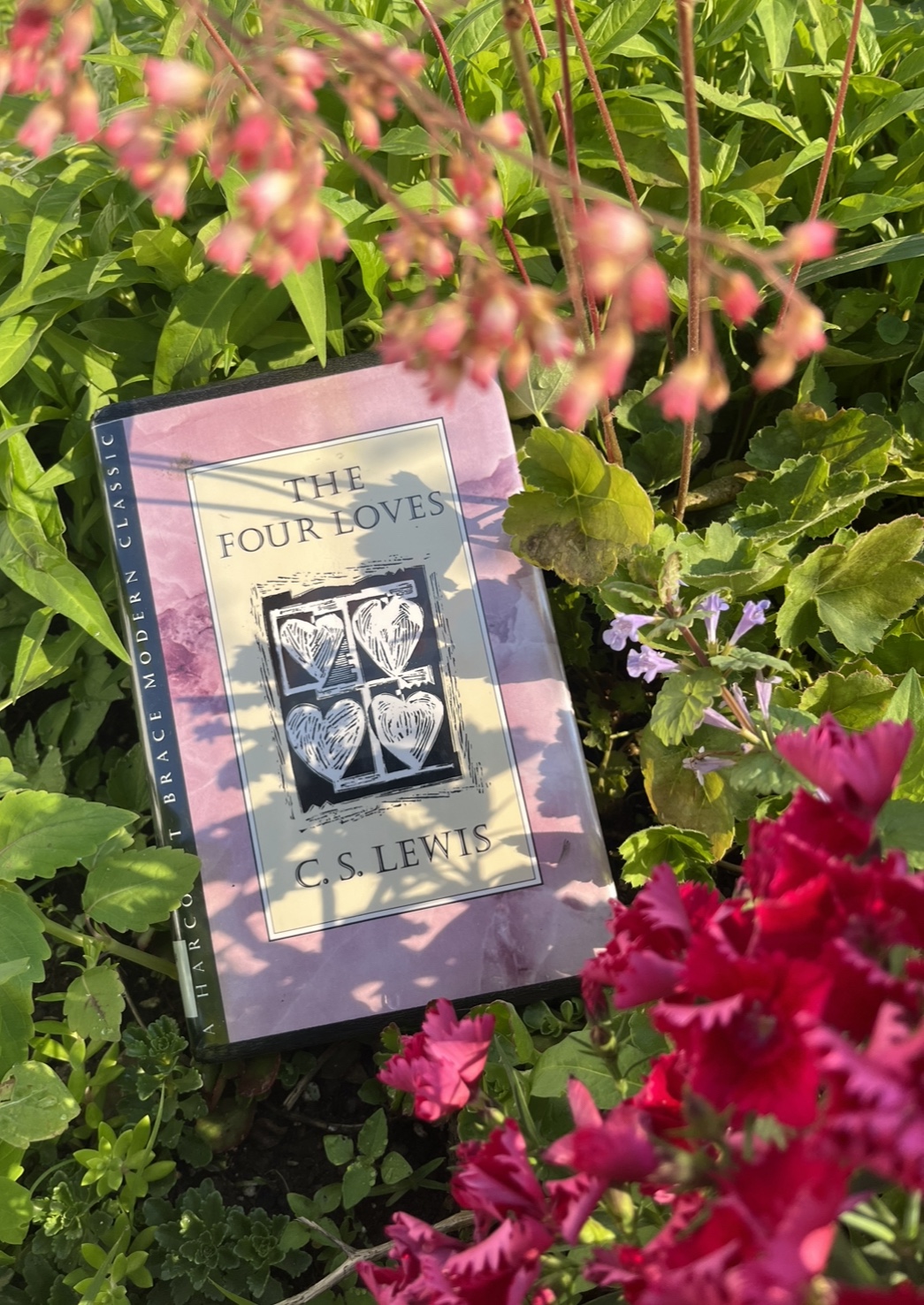Through Georgia O’Keeffe’s Eyes: The Wonder of Nature in Every Petal When most people think of Georgia O’Keeffe, they picture bold, oversized flowers, rendered in stunning color and haunting stillness. But behind those iconic paintings was an artist with a deep sense of wonder—someone who saw the natural world with reverence and curiosity, and who …
🌸 Wideness and Wonder : Art History, Georgia O’Keefe


